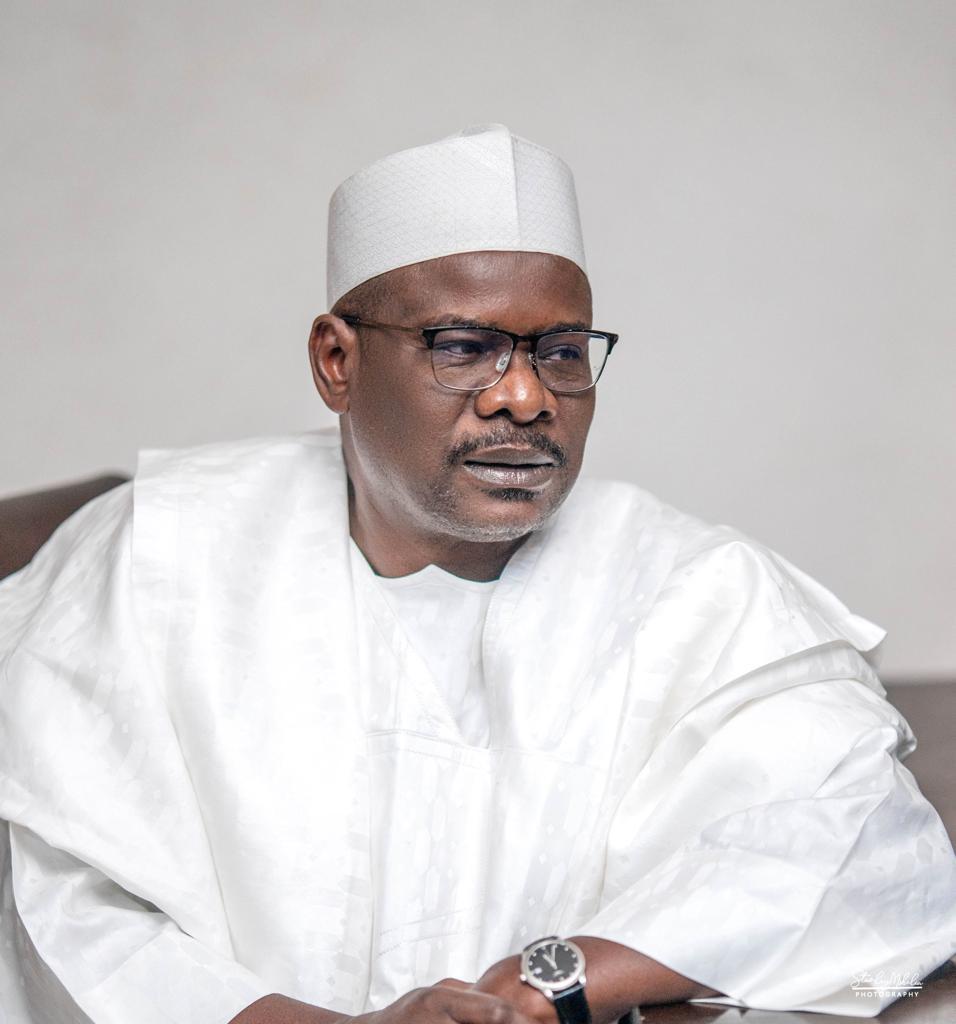“We cannot continue to tax poverty when we are supposed to promote prosperity” – President Bola Ahmed Tinubu
Senator Alli Ndume. Controversial. Outspoken, brilliant and engaging. Of all his attributes I did not find a place for ‘willful ignorance’ as one of his attributes or did I miss something? His Channels Television Interview was at once interesting and absurd coming from a person of his status : ranking Senator of the Federal Republic.
If his attack of Tinubu Tax Bills now before the Parliament was understandable, his open admission that he has not read the Tax bill he was so vehemently opposed to is unpardonable.
In plain sight Senator Ndume displayed his ignorance. That ignorance will be best cured by facts and not bluster. The Tax bill is not dead on arrival. The tax bill is well and alive and that is why we are having this conversation.
Despite the consensus that a fair, equitable and business-friendly taxation regime is pivotal to Nigeria’s drive for economic growth and sustainable development, the requisite will to pursue the reforms needed for achieving this has, unfortunately, either not been there on the part of the leadership, or where efforts have been made, it has not produced significant results. Nigeria has consistently ranked as one of the countries with the lowest revenue-to-GDP ratios in the world, which, according to Il Jung, “makes its fiscal position vulnerable to shocks”.
This from the IMF staff who prepared Nigeria’s revenue mobilisation report 2023. President Tinubu understands this clearly.
Such is the situation that “general government revenue in Nigeria was 7.3 percent of GDP for 2021—less than half of the average in countries belonging to the Economic Community of West African States (ECOWAS) and nearly a third of the average of countries in Sub-Saharan Africa (SSA)—and ranked as 191st out of 193 countries in the world.”
At 9.4% in 2023, Nigeria’s tax revenue to GDP ratio was not only among the lowest in the world but also on the continent, according to Axel Schimmelpfennig, the IMF mission Chief for Nigeria. To Il Jung, “Nigeria’s low tax revenue has been mainly driven by the narrow bases of its indirect taxes, low tax compliance, large amount of tax exemptions as well as low rates. Tax compliance and tax morale are still very low. Nigeria’s VAT collection efficiency (C-efficiency ratio)—the ratio of actual revenues to potential revenue—is the lowest among peer African countries.” The result is “…that the government has too few resources for social and development spending on health, on education, on infrastructure, etc.,” Schimmelpfennig says.
This age-long challenge of narrow revenue base, huge debt burden and high demand for social and development spending, which successive administrations have been confronted with, is what President Bola Ahmed Tinubu decided to tackle head-long through a Root Cause Analysis in order to identify and resolve underlying issues in Nigeria’s tax system to enable it proffer appropriate solutions. President Tinubu had been upfront about tackling this challenge before assuming office, and in his inauguration speech, he assured local and foreign investors that his “government shall review all their complaints about multiple taxations and various anti-investment inhibitions.”
Less than 2 months in office, he announced the setting up of the Presidential Committee on fiscal policy and tax reforms, headed by former Fiscal Policy Partner and Africa Tax Leader at PricewaterhouseCoopers, Taiwo Oyedele, comprising of experts from both the private and public sectors to undertake comprehensive law reforms, fiscal policy design and coordination, harmonization of taxes, and revenue administration.
*Dare is Special Adviser, Public Communication and Orientation to President Bola Tinubu



